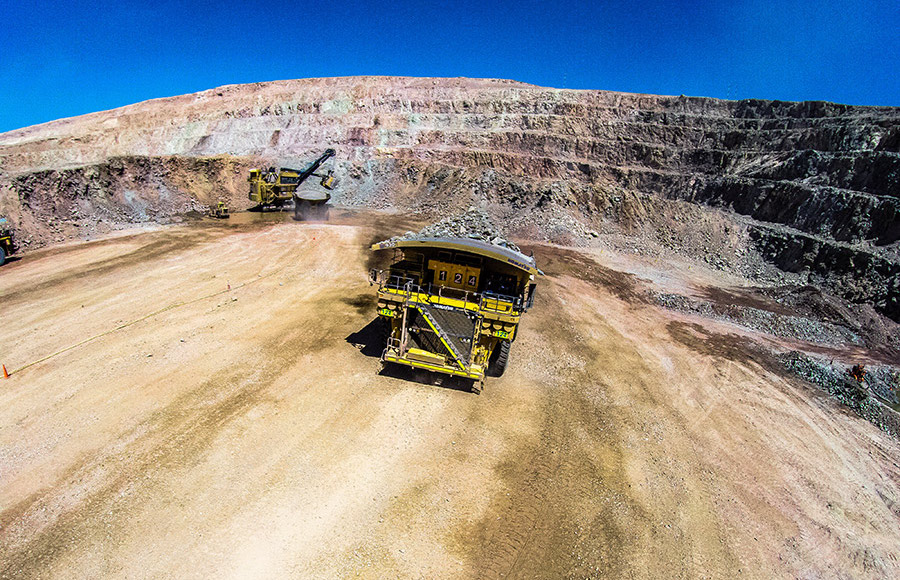Goldman says Chile tax could risk 1 million tonnes of copper output

A Chilean bill to ratchet up royalties on mining companies in the world’s top copper producing nation could, if unaltered, put at risk some 1 million tonnes of annual output, representing around 4% of global copper supply, Goldman Sachs said in a note.
The legislation, which faces multiple procedural hurdles, including a discussion and vote in the senate, would impose a royalty as high as 75% on sales of copper as prices rise to pay for social programs during the covid-19 pandemic, analysts say.
Goldman Sachs said more than half of the foreign-owned copper mines in Chile have tax stability agreements that expire in 2023, limiting immediate exposure to the bill’s eventual passage. But future mine development would be in jeopardy, the note dated May 26 said.
“All else equal, we believe fiscal uncertainty will act as an overhang on mining companies’ decision-making processes to sanction new projects, which could further exacerbate our expectations of a longer-term copper supply gap,” Goldman Sachs said.
Mineral-rich Chile currently churns out 28% of the world’s copper but has for more than a decade lost marketshare, hobbled by declining ore grades and ageing projects.
The royalty bill lands as political risk in the world’s top producing region has soared, with higher taxes on miners proposed both in Chile and Peru, the world’s No.2 producer of the metal.
Given the extent of their exposure to the Chilean market, Goldman said Anglo-American, BHP , Antofagasta and Lundin would likely take the biggest hit in 2024, after the tax agreements expire.
The global investment bank expects the copper price to be $4.50/lb in 2024, which, under the legislation as currently written, would prompt a royalty rate of up to 75%.
That figure, however, could vary depending on the outcome of the Senate debate, and the potential modification of other laws that govern taxation of miners in Chile.
Chile’s Senate is expected to take up the royalty bill in June.
(By Dave Sherwood; Editing by Barbara Lewis)
{{ commodity.name }}
{{ post.title }}
{{ post.date }}




Comments